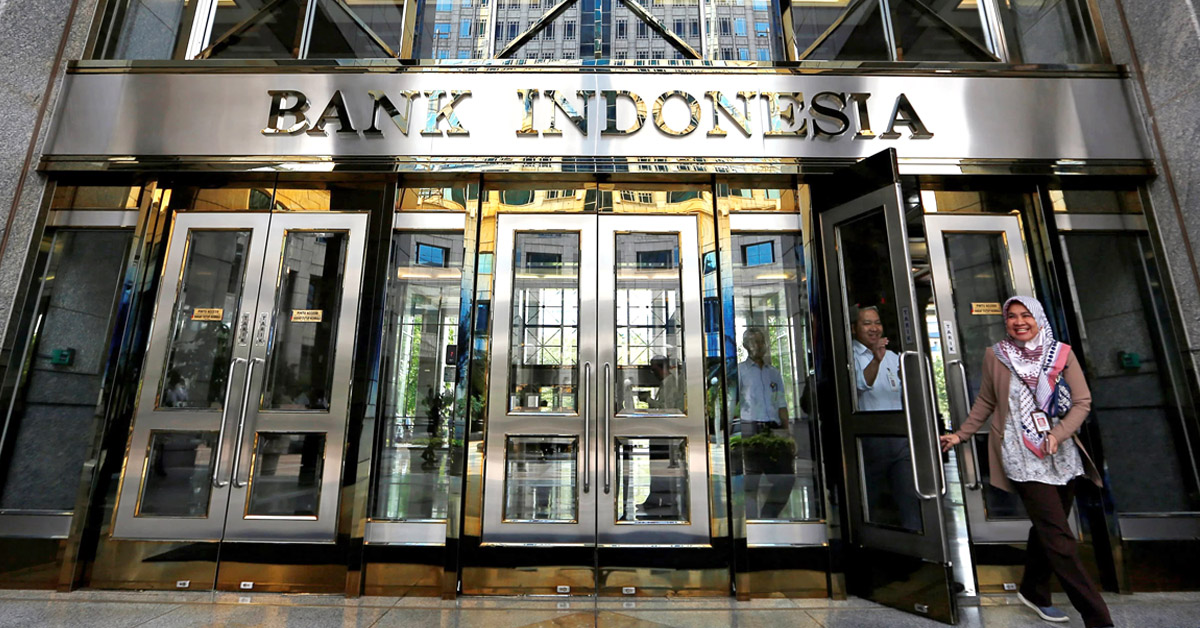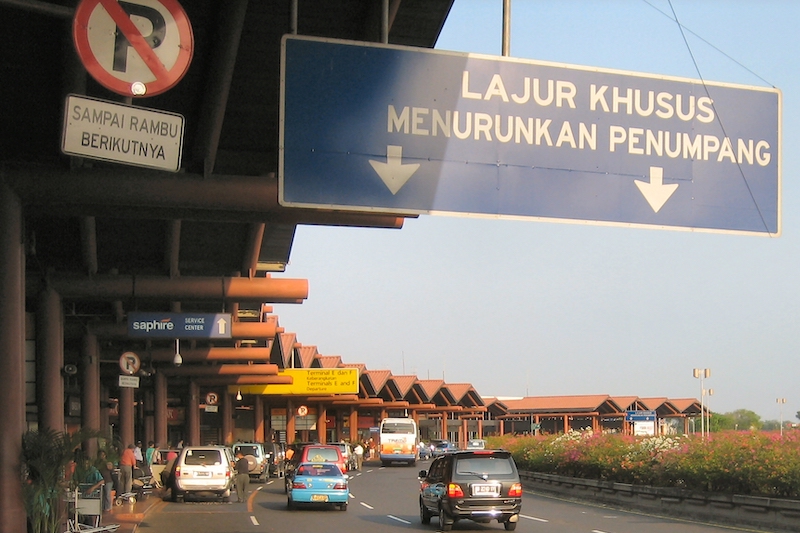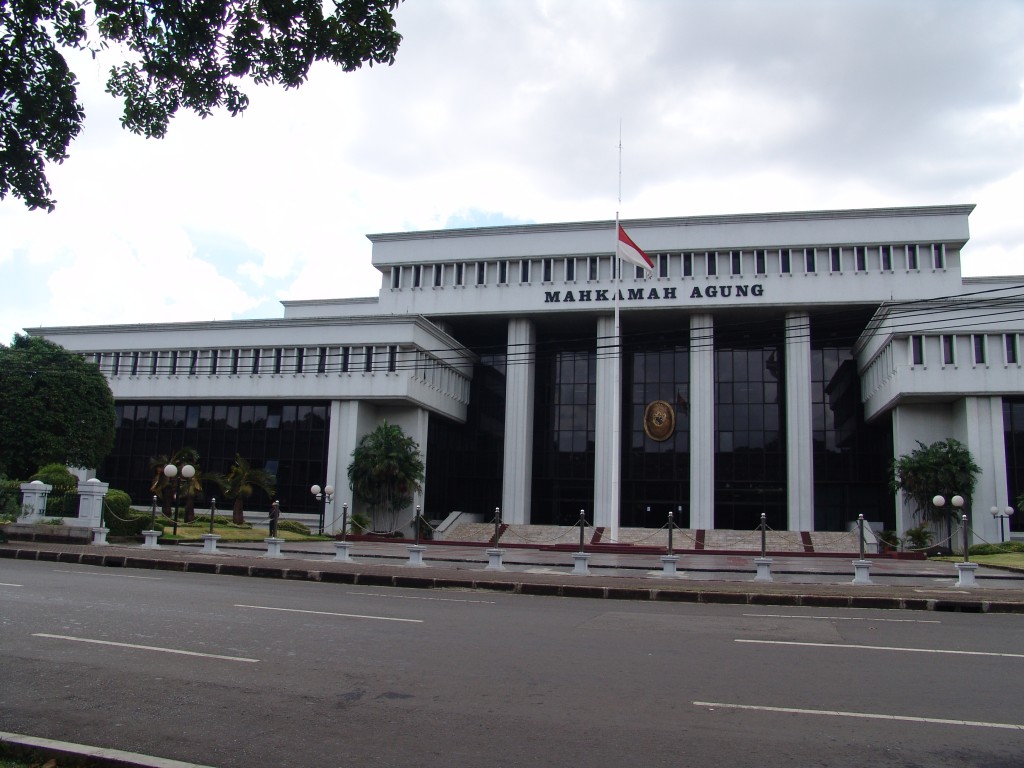Background
In order to improve mortgage services to achieve among other targets, disclosure, punctuality, simplicity and affordability as well as to adapt them to the development of laws, technology and public needs, the government has issued Minister of Agrarian Affairs and Spatial Planning/ Head of the National Land Agency (“MOA”) Regulation No. 9/2019 (“MOA Regulation”) on Integrated Mortgage Services through the Electronic Systems (“HT-El”), which came into effect on 21 June 2019.
Scope of the Services
HT-El is conducted by the Land Office and provides the following services:
- mortgage registration;
- mortgage transfers (eg due to the assignment of a loan);
- change of creditor’s name; and
- mortgage deregistration.
The users of HT-El
The users of HT-El are the following:
- creditors (as defined under the Mortgage Law (Law No. 4 of 1996)) who can be individuals/legal entities; and
- Land Office officials.
Therefore, from the MOA Regulation, the application for, for instance, mortgage registration should be submitted by the creditor (previously this process was assisted by the PPAT).
In order to use the HT-El, creditors must be registered in the HT-El system, for which they must submit evidence of the following requirements online through the HT-El:
- an electronic domicile (e-mail);
- a Certificate of Registrationfromthe Financial Services Authority
(Otoritas Jasa Keuangan / ”OJK”); - a written statement that they meet the requirements and criteria and an
acknowledgement of the provisions that apply to registered users; and - other requirements that the MOA may impose.
Therefore, for now, if a creditor is unable to satisfy the above requirements because for instance the creditor is a foreign party and therefore, does not hold a Certificate of Registration from the OJK, the mortgage will have to be registered manually (not online).
General Requirements
- The application is submitted online and therefore, the applicant keeps the originals of the relevant documents, eg the land certificate. The applicant must submit a written statement to the effect that it takes responsibility for the validity and correctness of the data in the electronic documents submitted.
- The land registered under the mortgage must be registered under the name of the debtor. Therefore, the system cannot accommodate the provision of a mortgage/security by a third party.
- Following the submission of the application, the Land Office, through the system, will issue (i) a Mortgage Certificate which has an electronic signature; and (ii) an annotation of the mortgage, in the form of electronic documents. The creditor can then print-out the annotation issued by the Land Office and have it affixed to the relevant certificates (land certificates or condominium certificates). The printed-out annotation will become an inseparable part of the mortgage certificate.
- Mortgage certificates issued for a mortgage transfer, change of creditor or the deregistration of the mortgage, will be issued under the same numbers as the previous certificate which contain the latest data. For this, a special mark will be placed on the previous certificate to show that the certificate is no longer valid.
Main differences
Given the MOA Regulation and current practice, the main differences between the conventional (non-electronic) and the electronic system are those in the table below.
|
Conventional (Non-Electronic) |
Electronic Systems |
||
|
Bank |
Land Deed Official (PPAT) |
Land Deed Official (PPAT) |
Bank |
|
Grant a POA to the PPAT |
The proxy under the POA visits the land office |
Upload the mortgage deed to the system of the land office |
Submit an application for a mortgage electronically |
|
Payment for the registration of the mortgage is made through the PPAT |
Pay the registration fee |
Hand over copies of the mortgage deed and land certificate to the bank |
Pay the registration fee |
|
Receive the mortgage certificate from the PPAT on the seventh day after the registration application is submitted |
Collect the mortgage certificate from the land office on the seventh day after registration |
Receive the mortgage certificate electronically (HT elektronik) |
|
|
The mortgage certificate is issued in hard copy |
The mortgage certificate is issued in hard copy |
The mortgage certificate will be issued automatically on the seventh day after registration |
|
|
Receive the land certificate with an annotation about the mortgage |
The mortgage certificate will be issued in PDF format with an electronic signature |
||
|
The print-out of the annotation about the mortgage is affixed to the land certificate |
|||
Prospects
At the moment, applications for the registration of a mortgage can be submitted either through the online system (discussed above) or manually. However, the government plans in the future, to have all applications for the registration of a mortgage submitted online. For this, the government will continuously upgrade the systems of the HT-El.
*****
M&T Advisory is an email publication prepared by the Indonesian law firm, Makarim & Taira S. It is only intended to inform generally on the topics covered and should not be treated as a legal advice or relied upon when making investment or business decisions. Should you have any questions on any matter contained in M&T Advisory, or other comments generally, please contact your usual M&T contact or advisories@makarim.com.
Contacts:
Tesalonika Barus – tesalonika.barus@makarim.com
Kurniawan Tanzil – kurniawan.tanzil@makarim.com

























 Makarim & Taira S. (Old)
Makarim & Taira S. (Old) Rahayu Ningsih Hoed
Rahayu Ningsih Hoed




